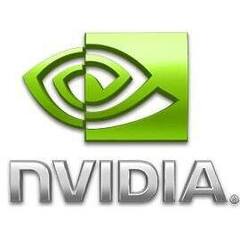Intel wants reviewers to benchmark using windows media player instead of cinebench for low end mobile
- Prev
- 1
- 2
- 3
- 4
- 5
- 6
- Next
- Page 1 of 9
- Prev
- 1
- 2
- 3
- 4
- 5
- 6
- Next
- Page 1 of 9

This topic is now closed to further replies.
Share
Followers
5
















